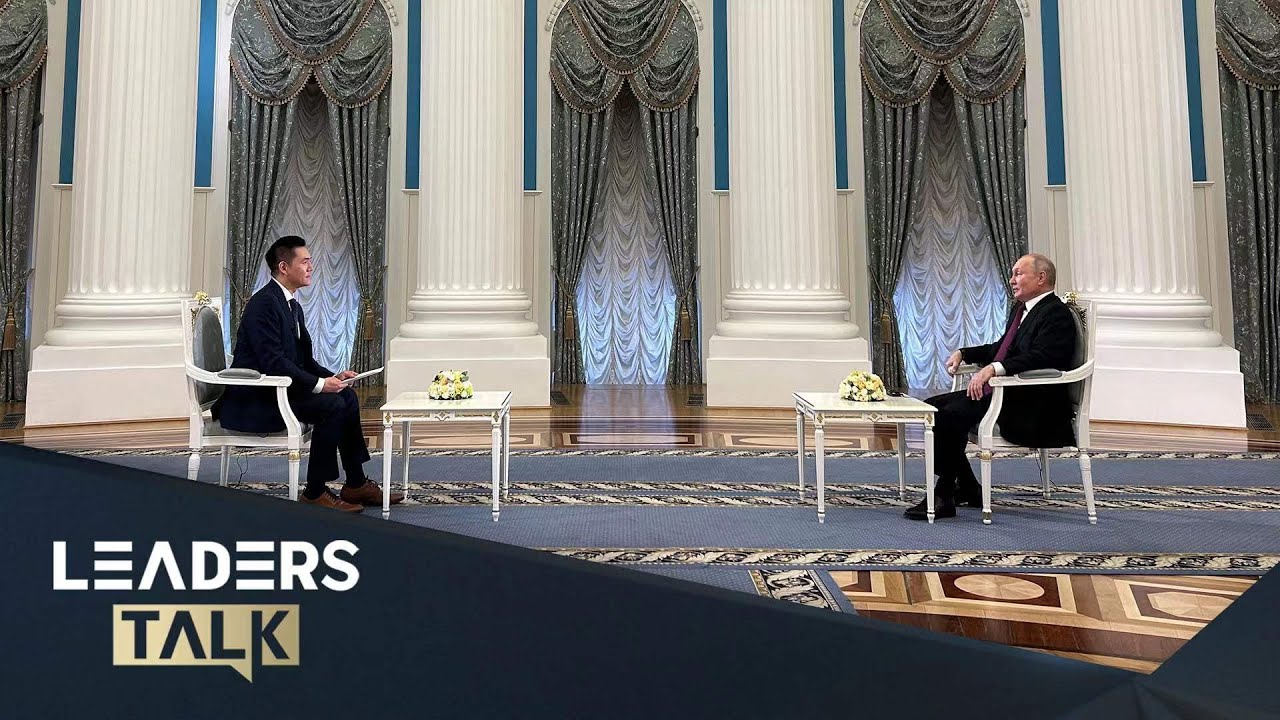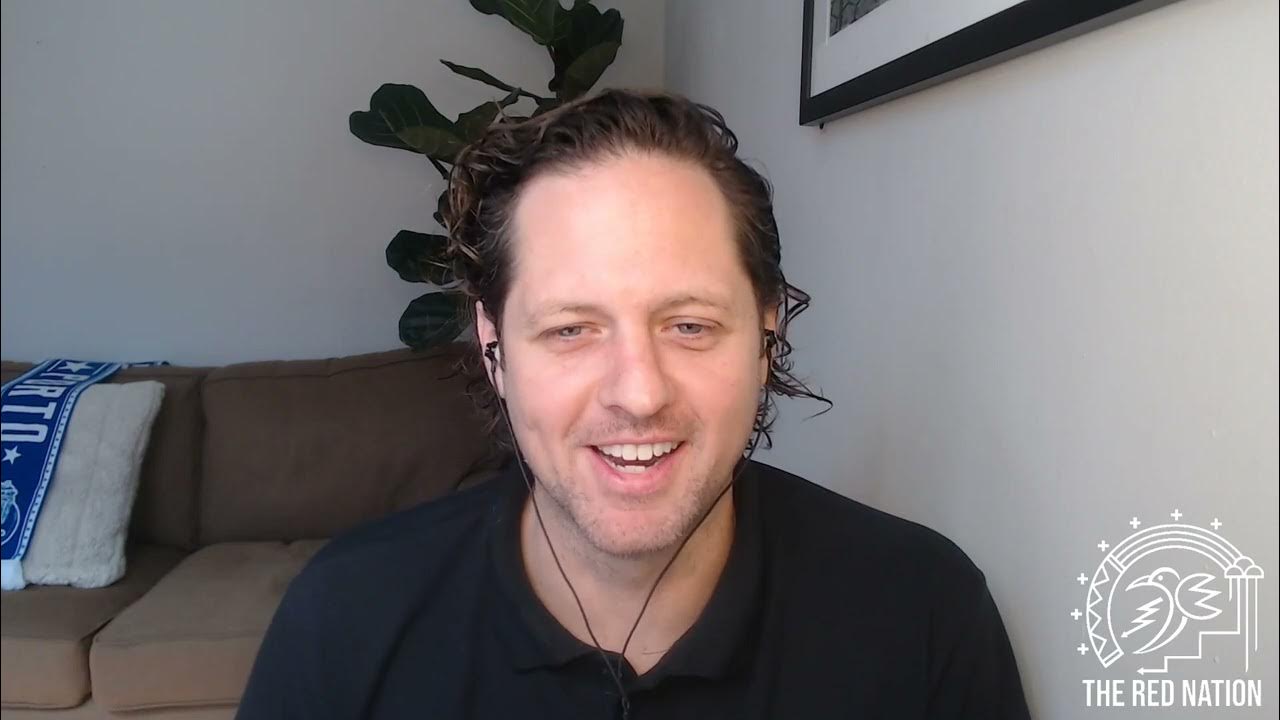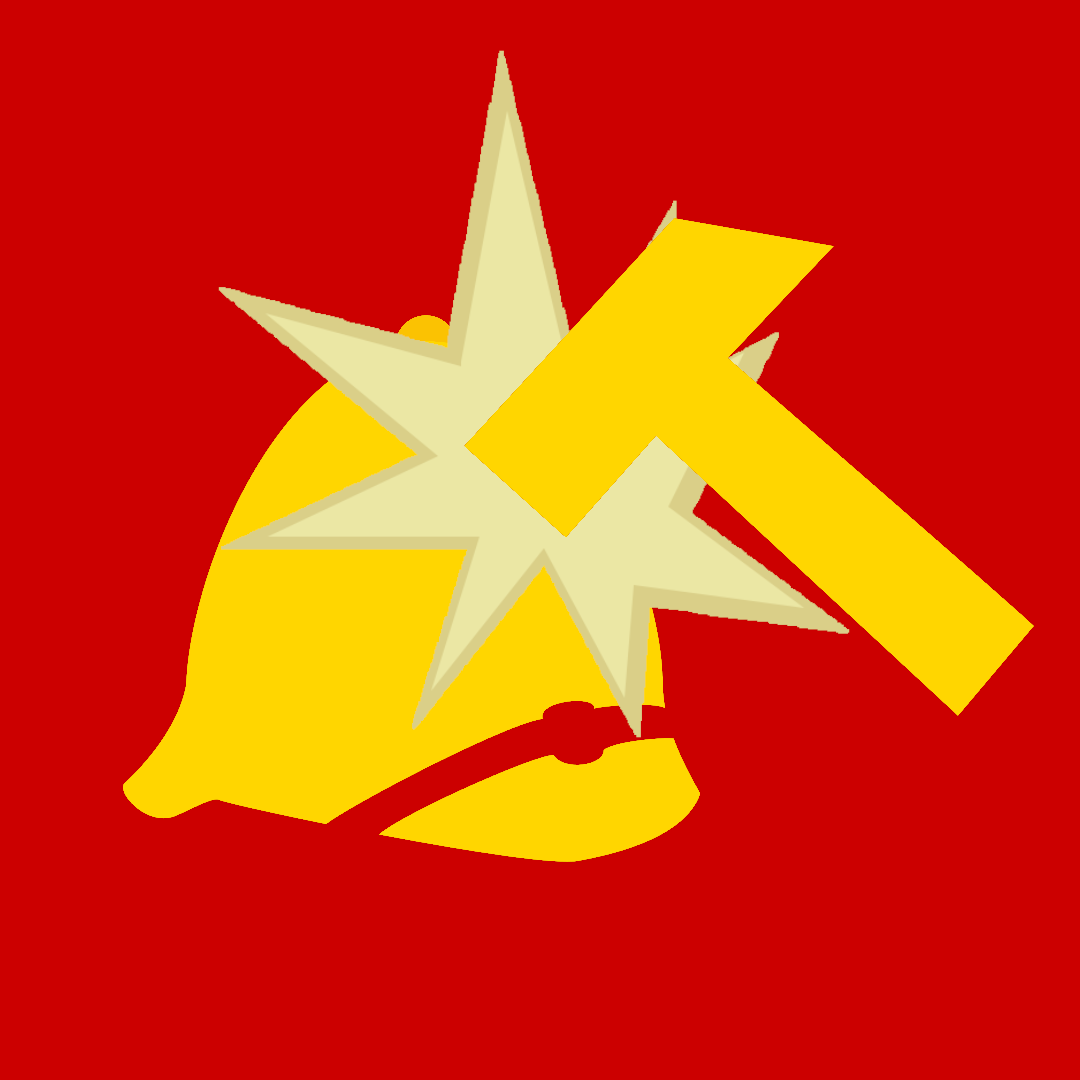

https://archive.org/details/my-life-and-faith-eng/
The memoirs of Ri In Mo: Korean revolutionary soldier, DPRK war correspondent, poet, and long-term unconverted political prisoner, who was held and tortured in South Korea for almost 40 years before being freed and later being allowed to return to the northern part of his homeland. Written in 1996.
He also writes about his childhood and radicalization as a young teen living under Japanese colonial occupation.
























You might be interested in this: https://archive.org/details/my-life-and-faith-eng/
Memoirs of a Korean who grew up under Japanese occupation, got radicalized as a young teen and became a revolutionary, lived in the newly formed DPRK, then became a war correspondent, later got captured and spent 40 years being tortured in south Korean prison, and was eventually released and he returned to DPRK. It’s his memoir but it also serves as an overview of recent Korean history starting from the Japanese occupation period.